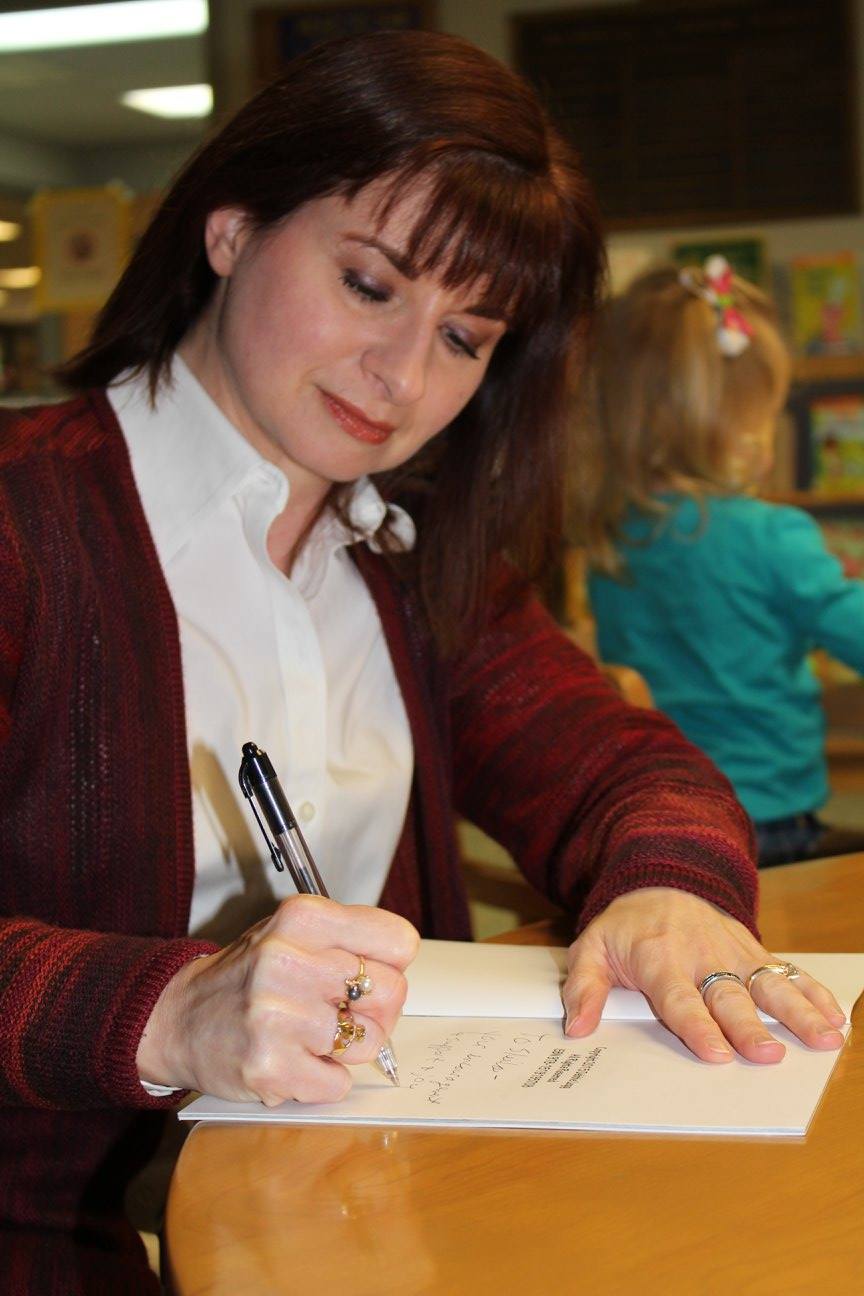|
We are not the first nation torn apart by economic, racial, and governmental division. Fortunately, we have an example of one that has worked toward reconciliation.
One way South Africa moved forward after apartheid was through the Truth and Reconciliation Commission. Through a combination of input from all sides, pursuing and recording an impartial history of human rights violations over the 34 years of apartheid, granting amnesty within certain contexts, and creating a policy for reparations, South Africa created a model for justice, peace, and healing. Of course, South Africa didn’t have social media algorithms, major media bias, and the innumerable other factors to contend with as we do today. Fortunately, we the people do not have to rely on government commissions, social or other media, or anyone else to begin and maintain the process of healing division. In fact, it’s probably better if we don’t. Drop the divisive devices. The way forward is to truly engage person to person and face to face, COVID or not. I propose three guiding principles for each and every interaction we have with “them, “us,” and everyone else, from here on out. Malcolm Gladwell in his book Talking to Strangers simply and succinctly offers this excellent approach: “What is required of us is restraint and humility.” This applies to all human interactions, not just strangers. Restraint includes practicing the pause. Listen to understand, not reply. Seek all sides of the truth, not just the parts you want to be true, then be truly open to receiving and processing the new information. Ask, listen, stay silent, ask again, listen again, restrain yourself more. Separate from emotion and wrestle with the information, not with “them,” until you understand. This is a skill I’m learning as well. Humility lives right alongside restraint. It honors the human being in front of you as AT LEAST equal in value in every way. You don’t get to diminish their experience and they don’t get to diminish yours. You can learn from every single person on this planet. We are all students. Remember and embrace it. Forgiveness is the third guiding principle. The saying goes that unforgiveness is like taking poison and hoping the other person dies. Forgiveness isn’t saying what they did was right. It means you don’t allow their actions to control your heart, mind, or soul. It frees you from allowing their choices to impact your future, your destiny. It gives you control of yourself. It’s not a feeling but a choice, and if you’re like me, one you sometimes have to make minute by minute. Restraint, humility, and forgiveness are the way forward.
0 Comments
Leave a Reply. |
Applying nature's principles and systems to personal and cultural development.About CommentsI love to read comments and know how my work is helping you. Please respond with your first AND last names. Anonymous comments will not be read and may be deleted.
Archives
July 2022
Categories
All
|

 RSS Feed
RSS Feed